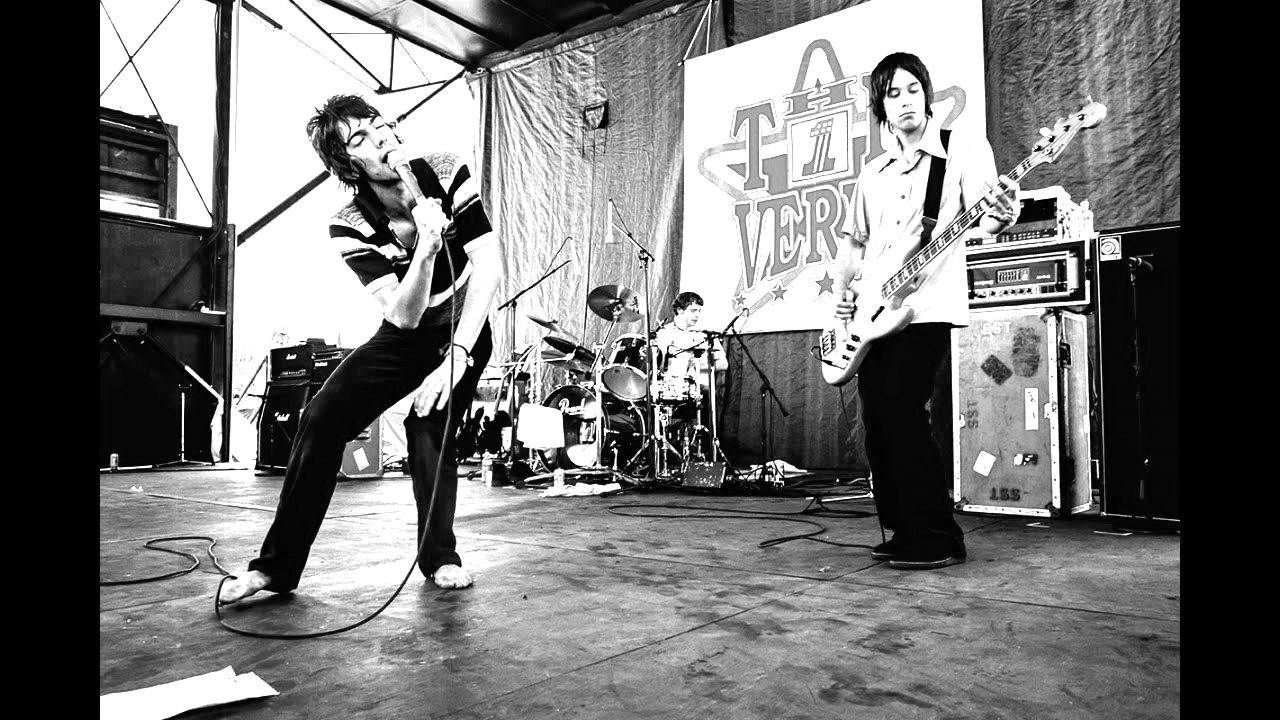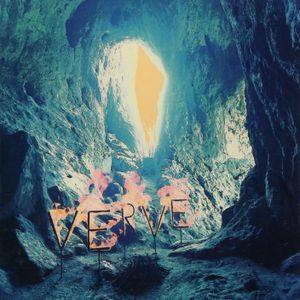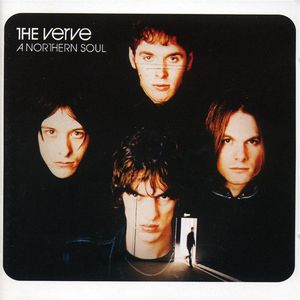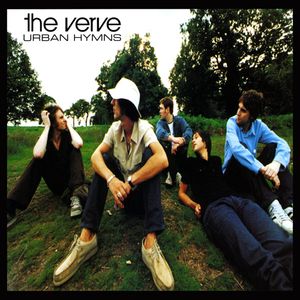

The Verve
Follow Your Favorite Band Today!
Top The Verve Community Posts
Story of The Verve
The Verve: A Tale of Britpop Glory, Internal Strife, and Triumphant Reunion
Hailing from Wigan, England, The Verve emerged in 1990, fueled by the raw talent of lead vocalist Richard Ashcroft, guitarist Nick McCabe, bassist Simon Jones, and drummer Peter Salisbury. Their early sound was a psychedelic, shoegaze blend, evident in their debut album, "A Storm in Heaven." While initially gaining a devoted fanbase, the band's journey was fraught with challenges. Name and lineup changes, breakups, health problems, drug abuse, and legal battles became a recurring theme.
Despite the turmoil, The Verve broke through in 1997 with their chart-topping album "Urban Hymns," a masterpiece of Britpop that became one of the UK's best-selling albums ever. Singles like "Bitter Sweet Symphony," "The Drugs Don't Work," "Sonnet," and "Lucky Man" dominated the airwaves, cementing their place in rock history. The band's success culminated in two Brit Awards in 1998, a coveted Rolling Stone cover, and a Grammy nomination for "Bitter Sweet Symphony."
However, their meteoric rise was short-lived. Internal conflicts reached a breaking point, leading to The Verve's disbandment in April 1999. As Billboard magazine aptly noted, their ascent "was the culmination of a long, arduous journey that began at the dawn of the decade and went on to encompass a major breakup, multiple lawsuits, and an extensive diet of narcotics."
During their eight-year hiatus, Ashcroft dismissed any hope of a reunion, famously stating, "You're more likely to get all four Beatles on stage." But, in a surprising turn of events, the band's original lineup reunited in June 2007, embarking on a tour and releasing their fourth album, "Forth," in 2008. The record spawned the hit single "Love Is Noise," marking a triumphant return for the band that had once seemed destined to remain a legendary footnote in music history.
The Verve's story is a powerful testament to the enduring power of music, the complexities of human relationships, and the unpredictable nature of fate. While their legacy is defined by both their commercial success and their internal struggles, one thing remains certain: The Verve's music continues to resonate with audiences worldwide, securing their place as one of Britpop's most enduring icons.
Frequently Asked Questions
Bands you may like
More Alternative Rock Bands
Discover more bands in the Alternative Rock genre and explore the diverse sounds that define this musical style.
Browse All Alternative Rock BandsMore Bands from United Kingdom
Discover the rich musical heritage of United Kingdom and explore bands that represent the country's unique sound and culture.
Browse All United Kingdom Bands



